Dedicated team
One-link business platform for experts
How we helped the Noodle team to launch a new product for solopreneurs and shipped an all-in-one business platform within tight deadlines.Industry
E-commerceLocation
USATime frame
October 2021 - November 2022Project scope
Noodle founders approached the creation of a new product with a mission to help expert and service entrepreneurs grow their businesses and hired a dedicated development team to build a custom platform. After the pilot launch, they continued enhancing their product based on the received feedback. Our team helped with tech stack optimization, DevOps and Infrastructure configurations, and custom payment system integration, and built all the core functionality. Including live session messaging, engagement widgets for foreign pages, video-content processing, admin panels for vendors, and more.
Web development
Back-end development
Cloud engineering & DevOps
Payment system development
Background
With the Noodle platform, entrepreneurs running expert and service businesses received a new approach to building their communities, engaging with customers, and organizing operations. The Noodle founders wanted to address multiple problems solopreneurs face today.
First of all, the Noodle team wanted to help businesses reach audiences organically. Also, they aimed to allow them to build communities and interact with them more effectively, sharing content daily with less overload. Noodle was meant to integrate the functionality of multiple apps online businesses use – starting from social media platforms and text marketing tools to video broadcasting apps and fundraising platforms.
Business & tech challenges
The Co-founder of the Noddle project approached Wise with the request to hire a dedicated development team as he already had positive experience collaborating with Wise Engineering on another project.
At that time, the team on the Noodle side had a product design, some of the functionality already implemented on the web, and wanted to scale their engineering capacities to deliver features to early adopters and test marketing hypotheses faster.
01
Wrongly assembled tech stack
02
Allowing upload for multiple file types
03
Widget integration to different platforms
04
Hypothesis testing & tight deadlines
Wise is my go-to solution for bringing ideas from 0 to 1. They work quickly, know all the tools, and have an incredible team of highly capable engineers. Bringing a product to market is always a challenge, and Wise has helped me do it successfully multiple times with ease and efficiency.
Work in progress
The team assembled for the project included two front-end and three back-end developers and a DevOps engineer. A project coordinator on the Wise side helped with HR processes and project management. The team had daily syncs and communicated instantly via Slack with the core tech team that included CTO and two engineers on the Noodle side.
The management received daily written reports on daily performance. Besides, monthly performance reviews arranged on the Wise side helped keep the team’s productivity at a high level and maintain effective communication throughout the project.
Tech stack optimization
At first, the dedicated software development team worked with the tech stack that was suggested by the Noodle team. Yet, soon after the start, Wise engineers offered migration from the Gatsby framework to Next on the front end and Express on the back end. As the codebase increased, the current tech stack slowed down the team and did not allow work locally.
The migration ensured the pages were generated dynamically and allowed engineering teams on both sides to work more smoothly, deliver features faster, and introduce product improvements continuously. Besides, when the team faced the records limit and slow performance of the used CMS, they suggested another migration from GraphCMS to Postgres.
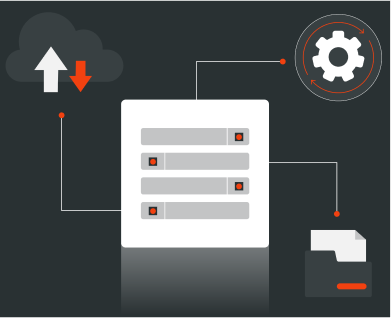
Video & audio files processing
With Noodle, experts received the ability to broadcast their experiences, upload files to the platform, and share the content with their audiences automatically via the channels they find most suitable – direct message, automated campaign, or email. Because Noddle aimed at audiences from multiple industries, including sports, entertainment, education, and others, the engineering team worked to allow users to upload any format file, including text, audio, and video.
All audio files were converted to MP3 and video – to MP4 via the Transloadit service, added to Vimeo, and became easily accessible for all end-users. Usually, these were large files, and the system processed them smoothly via the TUS protocol. The resumable upload was also added to allow clients to upload files even with an unstable Internet connection. Experts could upload several files simultaneously as well.
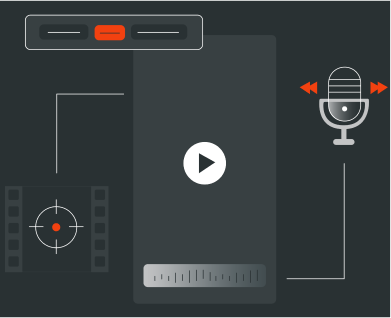
Custom video processing algorithm
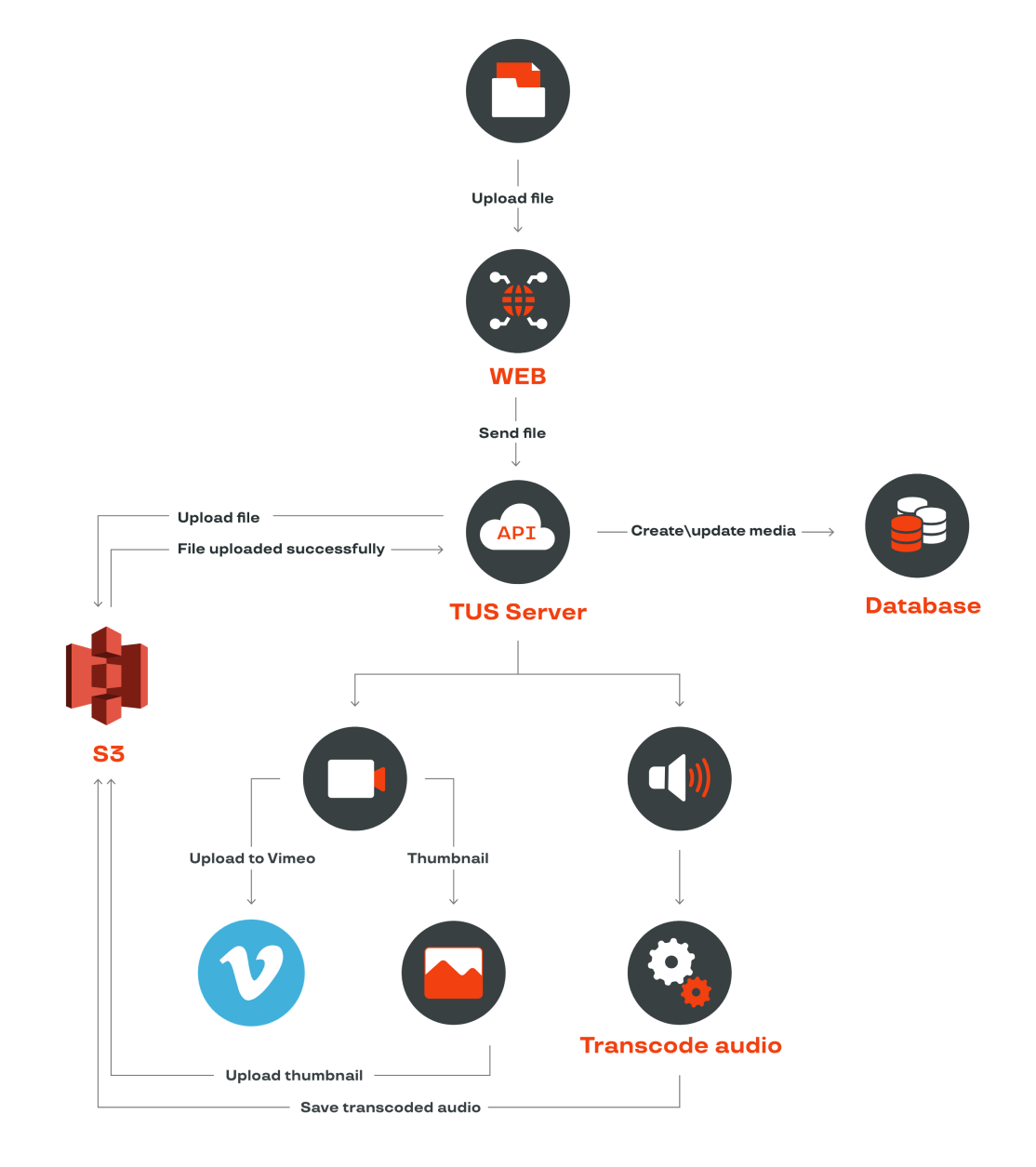
Website engagement widget
There were two major requirements for the realization of this feature. First of all, it had to duplicate the functionality that was available on the personal expert page on Noodle but in a more concise way. And secondly, it had to be easy to integrate into any place on any web page and work smoothly across browsers and operating systems.
Our team created two types of engagement widgets: a full-screen widget and a smaller pop-up sidebar. Both of them allowed user authorization, direct communication with an expert, changing profile settings, and allowed vendors to sell paid content directly from their web pages that originally didn’t have such functionality.
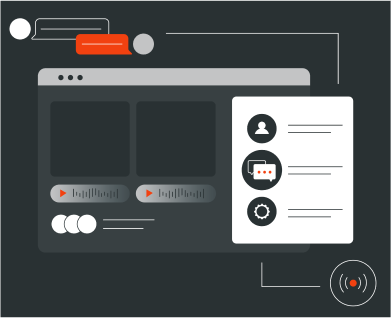
Authorization algorithm for iFrame
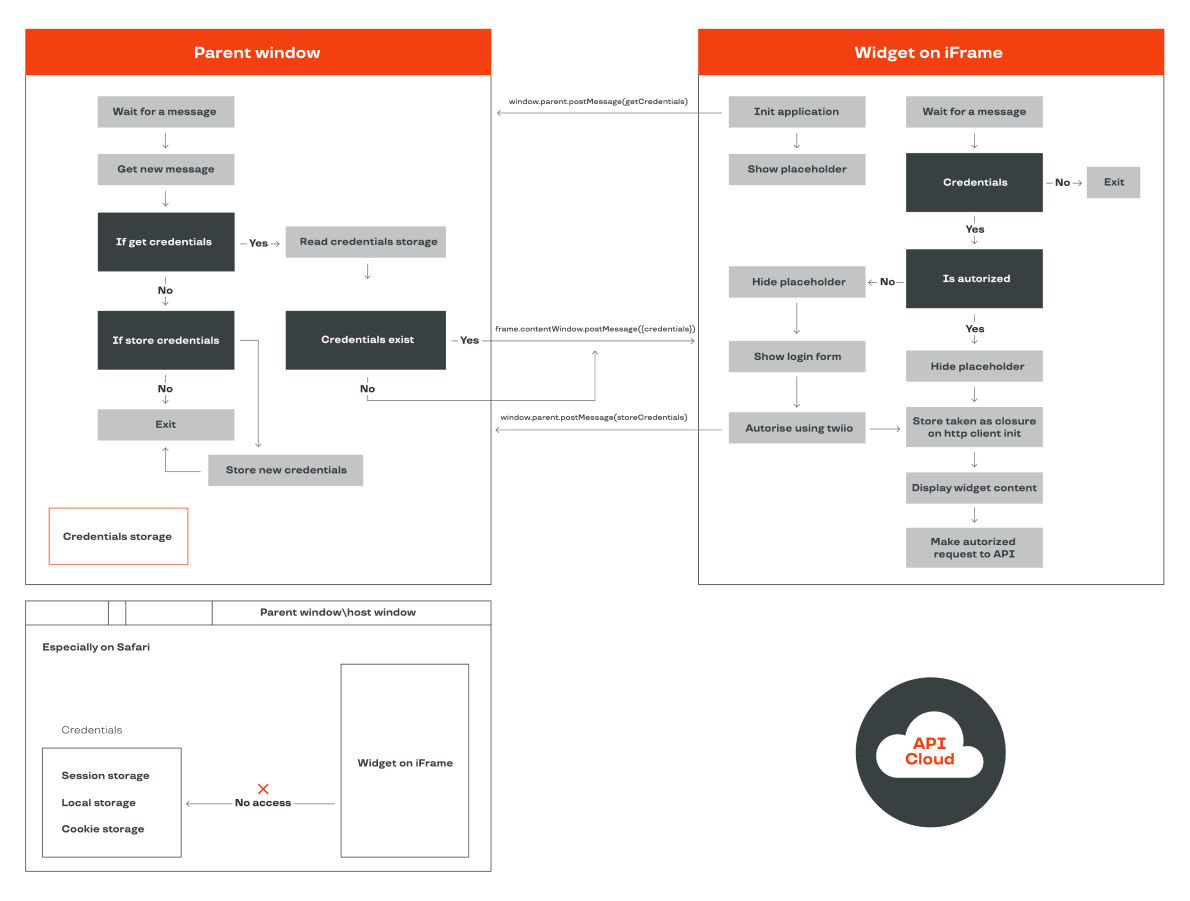
Payment system integration
Wise engineers also were responsible for integrating the payment system for the Noodle platform. The team developed a fully optimized checkout and purchase flow, both for native Noodle pages and widgets integrated into foreign pages, that worked across 40 countries. Two types of vendors/experts could receive payments via Noodle – those with Stripe accounts and those without. For the latter, the Routable system was used for recurring payouts.
End-users on Noodle could buy both a single digital product or product series, subscribe to content or services, add even 10 cards to their accounts, or use Apple Pay or Google Pay. Vendors could also generate payment links to share with customers and access an intuitive dashboard to track all the payments.
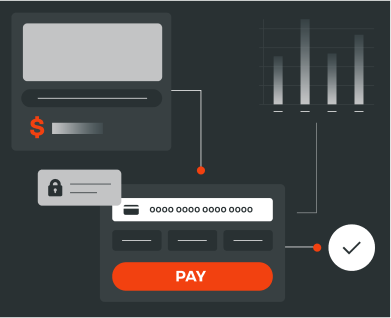
Chat as a service
Seamless direct communication with customers was one of the main missions behind Noodleshop. That is why the Wise team helped to make messaging for the platform robust. Creators were allowed to talk to each customer individually and stay up-to-date with all the conversations they were handling with an easy-to-use dashboard.
The chat with a vendor was created with the ability to include answers with audio, video, or text. One could configure notifications and receive reminders for unanswered messages for a set time, never leaving a customer without a reply.
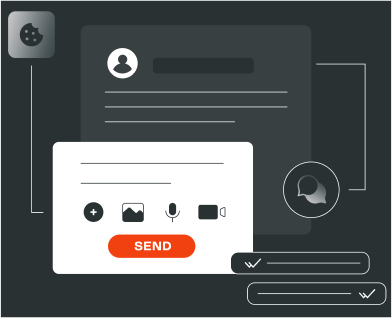
Asynchronous messaging system
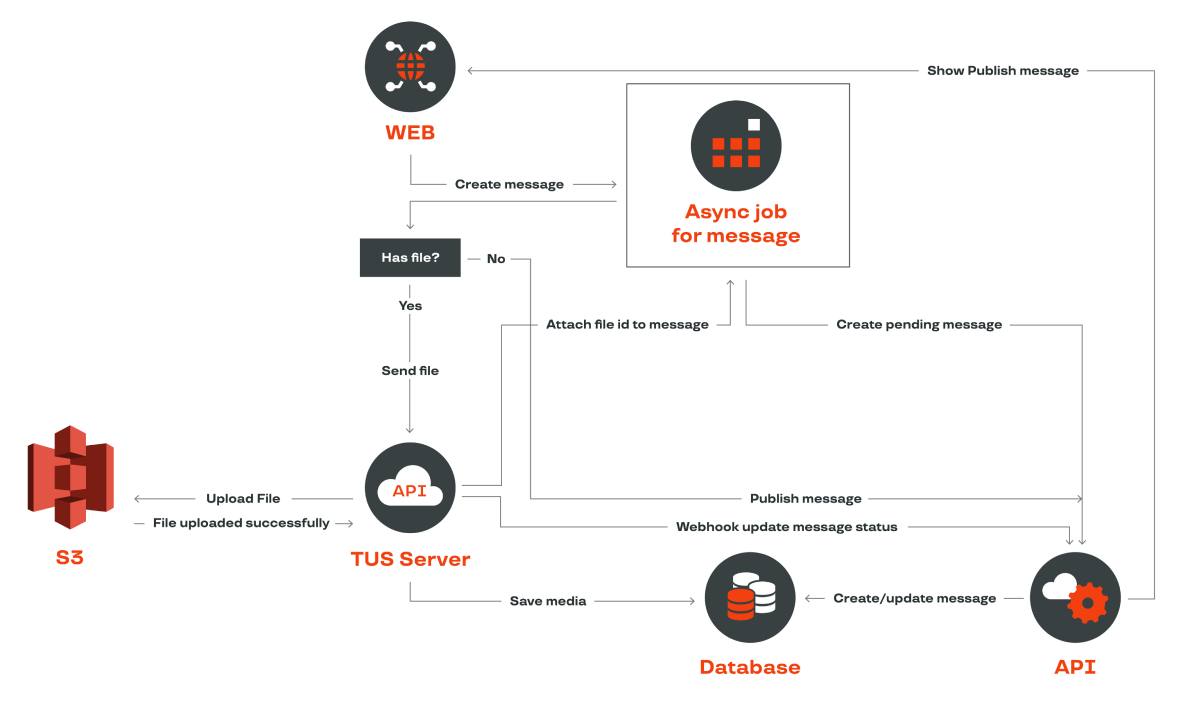
Infrastructure development & DevOps
A DevOps engineer from the Wise side joined the project right from the beginning and was responsible for the project's infrastructure and setting up all the DevOps processes.
On the DevOps part, Continuous Integration and Continuous Delivery pipelines were configured for services (front end, API, media) and infrastructure (running IaC to change infrastructure during CI/CD). This helped ensure faster time to market and gave engineers the ability to copy environments quickly, make changes to them and deploy to production as many times as needed per day without downtimes. Most importantly, gave the business ability to test marketing hypotheses, flexibly react to the data received, and roll back if the results were not satisfying.
The project’s infrastructure was migrated from Gatsby Cloud to AWS and was built with the Infrastructure as code approach using Terraform and Terragrunt. This helped create multiple environments easier, faster, and more flexible.
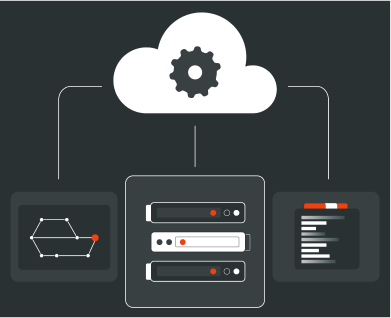
The configuration process included:
- User role management, access rights for users, and services to certain resources.
- Preparing AWS VPC and AWS Application Load Balancer to use them with Elastic Container Service (ECS) applications.
- Performed load testing via AB utility to identify the optimal amount of CPU and memory resources.
- Configuration of ECS clusters and ECS services to ensure the launch of applications on AWS.
- Monitoring of certain events, such as the ECS service work errors, and notifications about high CPU or memory usage.
- Domains and domain zones management via AWS Route53.
- PostgreSQL database development and management via AWS RDS service.
- Building and management for several environments such as production, QA, and development.
- Integrating AWS CloudWatch and AWS ChatBot services to set up rules and instant monitoring and alerting of incidents in Slack.
General infrastructure overview
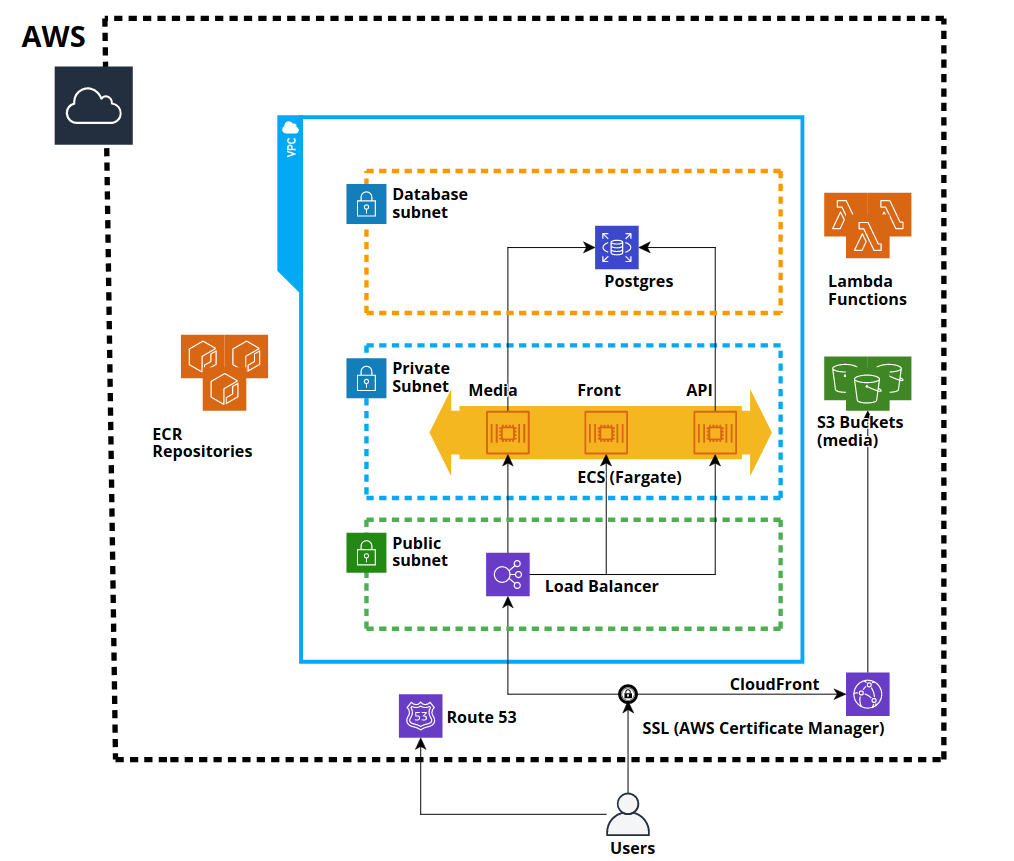
We brought a product to market in just about two months with Wise. It goes to show how flexible, efficient, and communicative the team is. Noodle wouldn’t be where it is today without the help from our team at Wise.
Results
Tech part
Business part
I would absolutely, 100% recommend Wise to anyone in need of development services. Whether you are working on a complex integration, an overhaul of your CI/CD pipeline, or need to build an idea from scratch, Wise has flexible solutions and world-class engineers ready to tackle the challenges.
Insights for startups
Launching a new product is never easy, and in every case, there are approaches product development teams can learn from. The Noodle team faced their fair share of challenges but coped with them successfully. Here are some handy tips you can use when bringing your big idea to life.
Ask your audience
Ask your audience
The Noodle platform is built for solopreneurs, and when planning their product and while building it the team assembled a focus group and asked for their feedback continuously. This helped to build the functionality that’s really useful.
Make an impact
Make an impact
Impactful businesses are on the rise. The Noodle team decided to help expert online businesses grow and they found lots of supporters in this mission. Some of them became their first clients and directly influenced product development.
Test functionality quickly
Test functionality quickly
To introduce product enhancements that are truly useful and help solve the problems of your customers, your team should arrange the development process in a way that helps to deploy changes iteratively, collect feedback, and pivot if necessary.
Delegate complex development
Delegate complex development
Building an entire in-house development team from scratch is not always a must. You can hire a ready-made dedicated team that has experience in product development in your domain and focus on business-related issues.
Continuous delivery is important
Continuous delivery is important
Never underestimate the DevOps influence. To ensure the effective work of your developers and the team overall, the DevOps engineer should be enrolled in the project right from the start. This specialist will help significantly reduce your time to market.
Insights for startups
Launching a new product is never easy, and in every case, there are approaches product development teams can learn from. The Noodle team faced their fair share of challenges but coped with them successfully. Here are some handy tips you can use when bringing your big idea to life.
